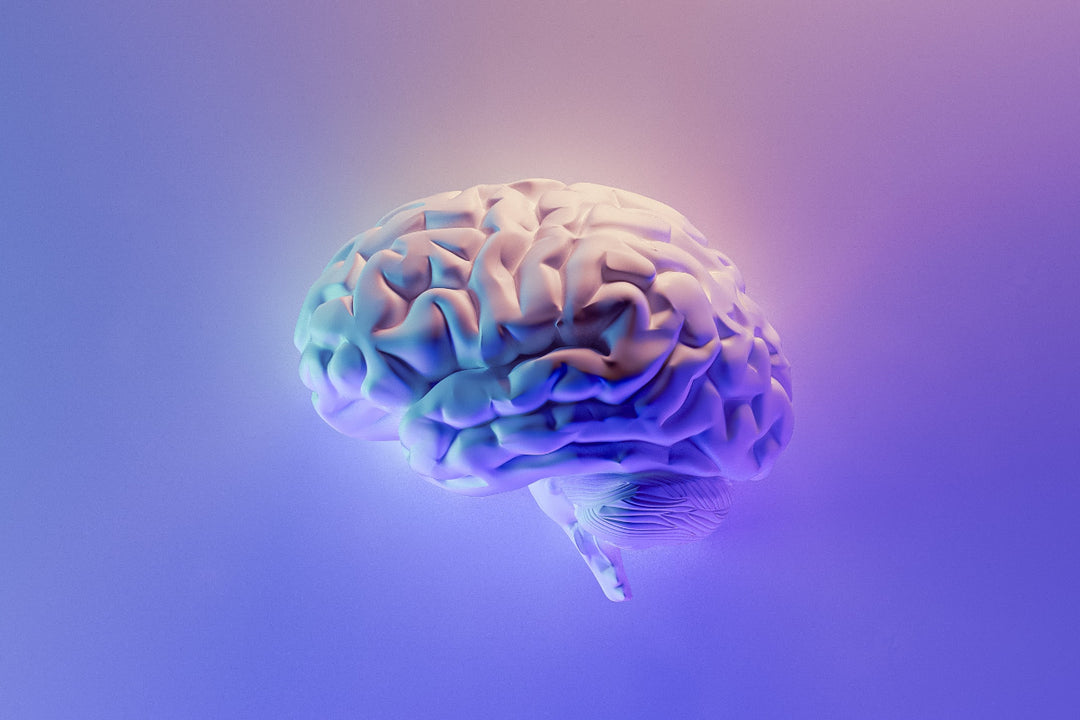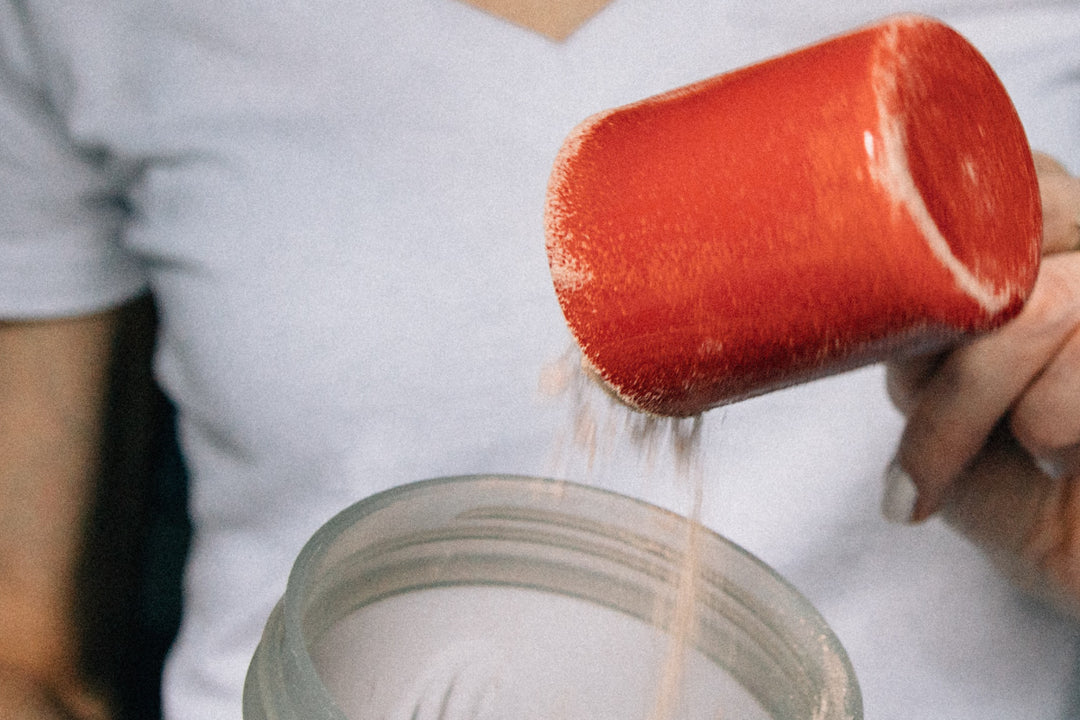Let's face it, the full effects of aging are unavoidable. But that's not to say you can't do things to preserve your youth and extend your longevity. It just requires a bit of effort, but it's worth it to feel young forever.
The overall answer is pretty simple - it just boils down to healthy living. Taking care of your health before you need to results in more energy, reduced stress, and increased vitality. Healthy living doesn't even take much effort, but it does require new habits for most people, such as making new lifestyle choices, healthy eating habits, being physically fit, sleeping well, and reducing stress levels.
LifestyleThis should be obvious, but if you live an overly social life where you're partying all the time with a lot of alcohol or other recreational compounds that alter your state of mind and result in limited rest, that's not helping your health. On the flip side, if you're sedentary most of the day and never make any emotional or social connections with others, that's not helping you either. The key is finding a healthy balance.
Being social is great, and it can benefit your health in many ways, but not if you're abusing your body in the process. Treat your body like you want to keep it forever, and it will return the favor.
Eating HabitsThe way you eat has a dramatic effect on your health and energy levels, especially as you age. Nutrition is one of the biggest keys to healthy living in the long term, and you've probably noticed that anytime you've overindulged on something that was a questionable choice from a health perspective.
What you eat and drink often has immediately noticeable effects, but it's all about consistency in the long run. A little treat here and there is fine if you're eating well most of the time, but if healthy food is the exception in your daily diet, it's time to make changes.
Refined sugars, high-cholesterol, and chemically-flavored foods might be more convenient, but they aren't worth the time savings when it comes to your long-term health. You need to care what you're feeding your body, so it's worth setting some time aside for weekly meal planning.
Low-calorie diets have been shown to have a positive effect on vitality and longevity. Eating in moderation—not with severe calorie reduction—will promote a leaner body as a nice side effect, but it can also protect you from free radical damage, slow down the aging process, and allow you to use food as energy rather than storing it as a layer on your body.
A healthy meal plan is crucial, but it can still be hard to get all the nutrients you need every day. Supplements can make that meal planning much more convenient while ensuring you get everything you need out of your daily diet. Essential fatty acids, antioxidants, and a good sustainable plant-based protein source are basics that everyone should consider incorporating into their meal planning efforts.
Physical FitnessDon't be lazy! It's really that simple. Physical fitness and your overall activity level play a huge role in your long-term health and quality of life. You don't need to be a competitive athlete, and you don't need to run miles a day or have a gym membership if those don't sound appealing. Just find an activity you enjoy that gets your body moving and your blood flowing, and do it often.
Regular exercise is great for building strength and postponing or eliminating age-related muscle loss down the road, but even the simplest daily physical activity can suffice. Daily walks, stretching, and yoga are great ways to stay mobile, improve blood flow, and keep your bones and connective tissue healthy well into your later years. The key is to find something to do daily. It will only take a couple of weeks to turn that into a habit, but the energy and vitality you'll feel all day every day are well worth it.
Sleep Sleep is more important for health and wellness than most people think. We've always known a full night of sleep is important, but studies are showing the true value of getting enough sleep.
While it's true that young people seem to need the most sleep (generally eight hours or more into the teen years), it's also known that we need less sleep as we age. That doesn't mean you should be purposely depriving yourself of needed sleep, but you may not need to force yourself to get 10+ hours per night.
A good rule of thumb is simply to take note of how much sleep you get and how you feel the next day. Too much sleep might make you groggy, and too little sleep might mean you're unable to keep your energy levels up or focus on important things for more than a few hours the next day. In many cases, the amount of sleep you need to be most energized and clear-headed might be less than you think. Many successful professionals thrive on 6-7 hours per night, while others need 8-9 hours, so figure out what works best for you.
StressStress itself isn't a bad thing, at least not in moderation. It's a matter of how much stress you have to endure and how you deal with it. If you feel buried by stress and tend to overthink and internalize every little thing, that's not doing your health any good at all.
Take stress as it comes and learn to deal with it effectively. If your life at home or at work is constantly inundated with stress, do yourself a favor and learn some effective stress management techniques. Chronic stress can cause countless health issues, so you'll literally be saving your own life if you find ways to effectively deal with stress. Exercise, sleep, and nutrition can all play important roles in your ability to cope with stress.
Do What You Can to Feel Young Forever Preserving your youth, or at least how young you feel, is well within your power. Don't abuse your body, eat well, get enough rest, stay active, and don't sweat the small stuff."












